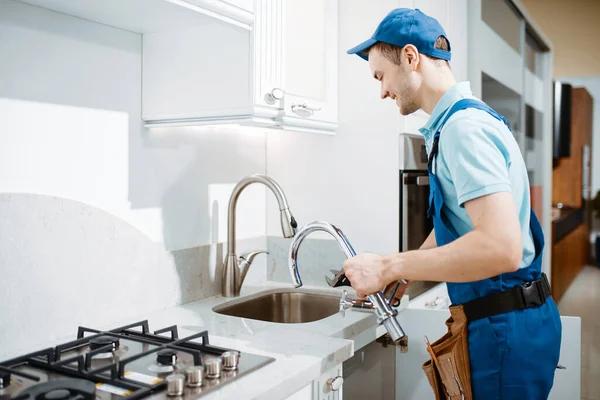Maintaining a heating, ventilation, and air conditioning (HVAC) system regularly is essential for ensuring optimal energy efficiency. HVAC systems are responsible for regulating indoor temperatures and air quality, making them crucial components in residential and commercial buildings. When these systems operate efficiently, they consume less energy while providing consistent comfort. However, neglecting routine maintenance can lead to decreased performance, increased energy consumption, and higher utility bills.
One of the primary reasons regular HVAC maintenance enhances energy efficiency is that it helps identify and address minor issues before they develop into major problems. For example, dirty filters restrict airflow, forcing the system to work harder to heat or cool a space. This additional strain increases electricity use and accelerates wear on components such as compressors or fans. By replacing or cleaning filters regularly, airflow improves significantly, allowing the system to function smoothly without unnecessary effort.
Another factor affecting efficiency is the cleanliness of coils within the HVAC unit. Over time, evaporator and condenser coils accumulate dust and debris that hinder heat exchange processes critical for cooling or Essential Heating and Air effectively. Routine cleaning ensures these coils maintain their ability to transfer heat efficiently, reducing workload on other parts of the system. A clean coil requires less power to achieve desired temperatures compared to one coated with grime.
Proper calibration of thermostats during maintenance visits also contributes substantially to saving energy. An inaccurately calibrated thermostat may cause an HVAC system to run longer than necessary by misreading indoor temperatures or failing to cycle off at appropriate times. Technicians can recalibrate controls so settings match actual room conditions precisely; this adjustment prevents excessive operation periods while maintaining comfort levels.
Lubrication of moving parts like motors and bearings further supports efficient functioning by minimizing friction losses within mechanical components. Without sufficient lubrication, parts experience greater resistance which translates into higher electrical demand during operation cycles.
Additionally, checking refrigerant levels plays a vital role in sustaining energy-efficient performance since low refrigerant causes compressors to overwork trying to compensate for insufficient cooling capacity.
In summary, regular HVAC maintenance directly impacts energy efficiency by keeping all elements operating optimally through timely filter changes, coil cleanings, thermostat calibrations, lubrication procedures,and refrigerant inspections.It not only lowers operational costs but also extends equipment lifespan while enhancing overall comfort inside buildings.Regular upkeep represents a practical investment toward sustainable energy use in everyday environments where climate control matters most.





